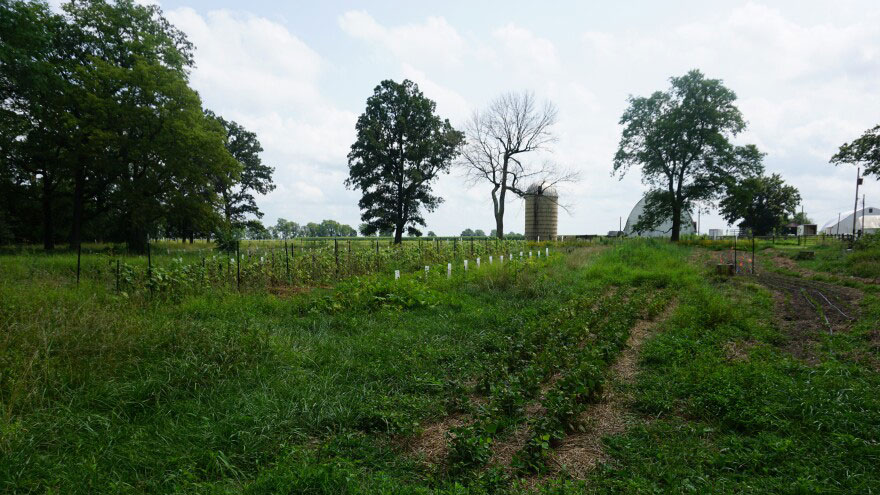Today's Lesson: Socioeconomic Status in America
Socioeconomic status (SES) is measured by several factors, but most often it focuses on income, occupation, and education, and it can have either a positive or negative impact on a person's life in the ways it affects access to resources crucial to an individual’s upward mobility. Research has also found the lower the SES, the more likely someone is to have physiological and psychological health issues. We understand that these conversations can be difficult, and often we aren’t sure where to start. Below you will find a sampling of resources you can dive into right now. From birth through adulthood, we believe social justice learning is a life-long journey.
Click to return to the main page.
Learning Levels
Early Childhood Adolescent AdultRead
A riskier business

Small, family-owned farms like this one pictured here in east central Illinois still make up biggest percentage farms in the US, but they make up less of the total land and production than they did just ten years ago. Big farms are getting bigger, and with it their production. This trend isn’t new, and it is troubling to environmentalists and sustainable farming advocates. It also means small family-owned farms are becoming more reliant upon non-farm income, such as a spouse having an outside job, to continue farming. Read more in this report from NPR Illinois.
EXTRA CREDIT: A new study examining how long Black or white people survive after a heart attack concludes that it’s socioeconomic status, far more than race, that explains who fares better. You can read more in this report from PBS Newshour.
Watch
Economic divide in parents’ worries and aspirations
Lower-income parents tend to worry that their children might fall victim to violence, while parents with higher incomes worry their kids are burdened by busy schedules. That’s one finding of a major new survey on the ways socioeconomic divides affect parenting choices and concerns. In this report from the PBS Newshour, Judy Woodruff talks to Kim Parker of the Pew Research Center and Lawrence Aber of New York University.
EXTRA CREDIT: By age four, toddlers in low-income families hear 30 million fewer words than those in high-income families, according to researchers. As a result, these children tend to have smaller vocabularies and fall behind in reading. Watch more in this special PBS Newshour report.
Listen
Talking inflation on The 21st

It’s impossible to have not noticed the rise in prices or inconvenient shortages over the past year. With the sharpest increase in prices since 1990, consumers are paying a little bit more for just about everything these days. So just how worried should we be about the current inflation surge? And how exactly did we get here? And what can we do in the meantime to budget accordingly? To talk about it, The 21st was joined by a professor of economics and a professor of public administration. Take a listen here.
EXTRA CREDIT: On any given day, it’s estimated there are about 10,000 Illinoisans experiencing homelessness. That stat is from the administration of Governor JB Pritzker, who in September 2021 issued an executive order aimed at fighting homelessness. In this conversation from The 21st, we hear from State Homelessness Chief for the Illinois Department of Human Services. Take a listen.

